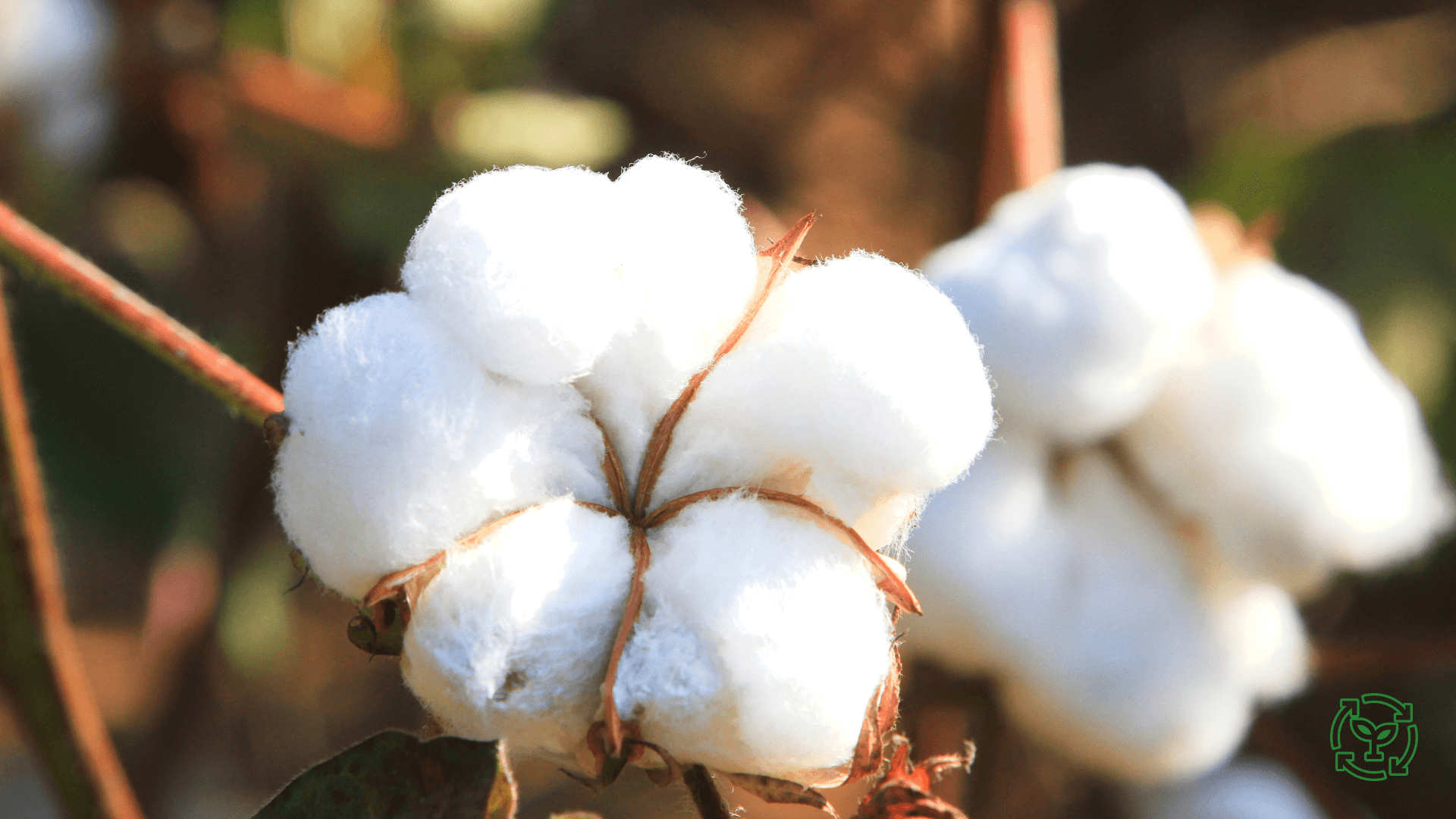
The Benefits of Organic Materials Over Synthetic Materials: Why Pitod is Moving Away from Polyester
In the fashion industry, the choice of materials is pivotal not only for the look and feel of the garments but also for their environmental impact. At Pitod, our commitment to sustainability and ethical practices has led us to reassess the materials we use in our products. One significant shift in our strategy is moving away from synthetic materials like polyester and embracing organic materials. In this blog post, we will explore why using organic materials is better than synthetic ones and discuss the reasons behind Pitod’s decision to make this transition.
Understanding Organic vs. Synthetic Materials
Organic Materials: Organic materials are derived from natural sources without the use of harmful chemicals or pesticides. Examples include organic cotton, hemp, linen, and wool. These materials are grown and processed in ways that promote ecological balance and conserve biodiversity.
Synthetic Materials: Synthetic materials, such as polyester, nylon, and acrylic, are made from petrochemicals through energy-intensive processes. They are known for their durability and versatility but come with significant environmental and health drawbacks.
Environmental Impact
Pollution: One of the most compelling reasons to switch to organic materials is the reduction in pollution. The production of synthetic materials, particularly polyester, involves the use of fossil fuels, which contributes to air and water pollution. Additionally, during washing, synthetic fabrics release microplastics that end up in oceans, harming marine life.
In contrast, organic materials are biodegradable and do not contribute to plastic pollution. Organic farming practices also reduce water contamination by avoiding synthetic pesticides and fertilizers.
Energy Consumption: Producing synthetic fibers is highly energy-intensive. For example, manufacturing polyester requires significant amounts of petroleum and releases substantial greenhouse gases. Organic fibers, on the other hand, generally have a lower carbon footprint. Growing organic cotton, for instance, uses less energy compared to conventional cotton farming, as it avoids synthetic fertilizers and pesticides.
Health and Safety
Chemical Exposure: Synthetic fabrics often contain harmful chemicals, such as formaldehyde, perfluorochemicals (PFCs), and other endocrine-disrupting substances. These chemicals can be released during manufacturing, washing, and wearing of the clothes, posing risks to workers and consumers.
Organic materials are processed with minimal use of chemicals, making them safer for both the environment and human health. This aligns with Pitod’s commitment to creating products that are not only stylish but also safe for our customers and the planet.
Sustainability and Resource Management
Water Usage: Conventional polyester production is water-intensive and relies on large quantities of fresh water, which is a precious resource. While cotton farming is also water-intensive, organic cotton farming typically employs more sustainable water management practices, such as rain-fed agriculture and improved irrigation techniques.
Soil Health: Synthetic fibers do not support soil health as they are not biodegradable. In contrast, organic farming practices enhance soil fertility and biodiversity, promoting long-term agricultural sustainability. Techniques such as crop rotation and composting used in organic farming contribute to healthier ecosystems.
Ethical Considerations
Labor Practices: The production of synthetic materials is often associated with poor labor practices and working conditions, particularly in countries with less stringent labor laws. Organic farming, however, tends to be more labor-intensive and can provide fairer wages and better working conditions for farmers.
Why Pitod is Moving Away from Polyester
At Pitod, our mission is to lead the way in sustainable fashion. Moving away from polyester and other synthetic materials is a critical step in achieving this goal. Here are the reasons behind our decision:
Aligning with Our Values: Our core values include environmental stewardship and social responsibility. By choosing organic materials, we reduce our environmental footprint and support sustainable farming practices that benefit both people and the planet.
Driving Industry Change: As a leader in sustainable fashion, we aim to set a benchmark for others in the industry. By transitioning to organic materials, we demonstrate that it is possible to create beautiful, functional, and sustainable clothing without relying on harmful synthetic fibers.
Continuous Improvement: Our commitment to sustainability is an ongoing journey. We continually seek ways to improve our practices and reduce our impact. Moving away from synthetic materials like polyester is part of our broader strategy to innovate and adopt more sustainable materials and processes.
The shift from synthetic to organic materials is more than just a trend; it’s a necessary evolution for the fashion industry. At Pitod, we are proud to lead this change, recognizing the vast environmental, health, and ethical benefits of using organic materials. By making this transition, we not only enhance the quality and safety of our products but also contribute to a more sustainable and just world.
As we continue to innovate and evolve, we invite our customers and partners to join us on this journey toward a greener future. Together, we can make a significant impact and drive meaningful change in the fashion industry and beyond.



Leave a comment
This site is protected by hCaptcha and the hCaptcha Privacy Policy and Terms of Service apply.